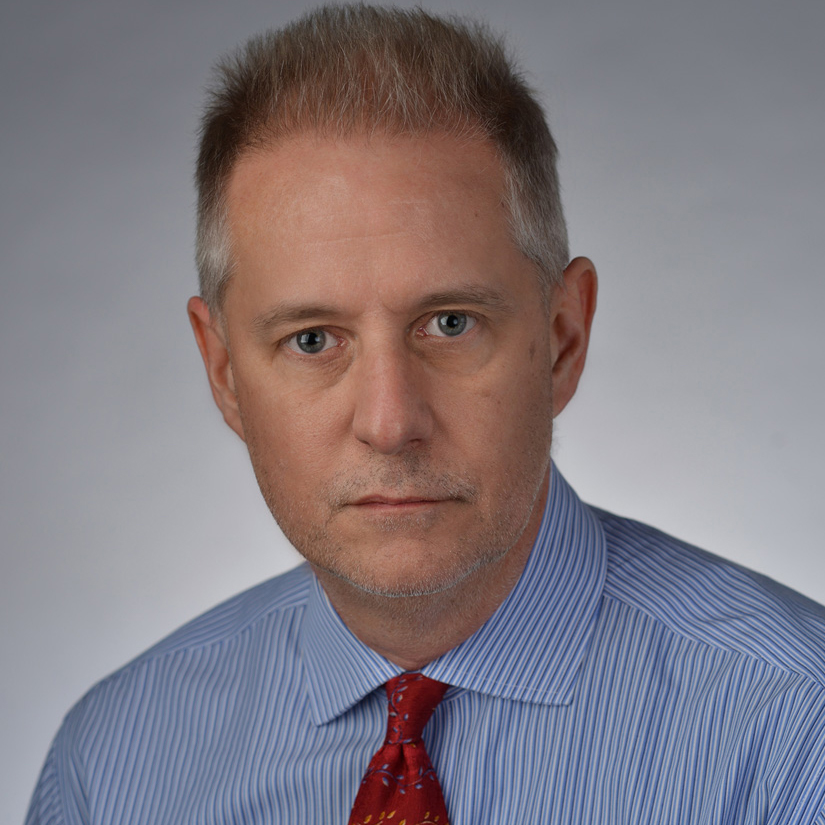To Advance Female Leaders, ‘Sponsor’ Them Early: Execs
The smarter way to stay on top of the multichannel video marketplace. Sign up below.
You are now subscribed
Your newsletter sign-up was successful
Top executives at Comcast and ESPN made the case for female leadership by stressing the downside of failing to diversify — and the upside of campaigning for women at the highest corporate levels.
Speaking at a Women in Cable TelecommunicationsNew York lunch event last Monday, Sean Bratches, ESPN’s executive vice president of sales and marketing, said his company learned a lesson about diversity when it launched ESPN Deportes, its Spanish-language network, in 2004.
“We came up with the business plan sitting around the table with a bunch of individuals that were male that looked just like me,” Bratches said. “It took us a couple of years to figure out that the business wasn’t running in the right direction, we hadn’t made a lot of the right decisions and we needed to bring some Hispanic executives in, to really shape the business for the future.
“That extends to females in business roles and at the table,” he said. “You need that varied point of view and diverse perspective.”
D’Arcy Rudnay, chief communications officer at Comcast, said she and Karen Buchholz, Comcast’s vice president of administration, have had regular conversations with top executives including cable president Neil Smit about building a “bench” of female leaders, getting them the training they need.
The day after one long conversation with Smit on the subject this spring, Rudnay said, Smit said he was going to meet with women at the company and find out what training they needed. “He felt accountable to make change,” she said, and has done so.
More than half of the executives promoted to senior vice president and above this past February were women, she said later. And this past week, Comcast sponsored an executive training session for female employees at the Wharton School of Business.
The smarter way to stay on top of the multichannel video marketplace. Sign up below.
“I think you can make change,” Rudnay said. “You just have to start to talk about it.”
Panelists weren’t all from cable. Marie C. Wilson, founder of The White House Project, said facts and figures about higher investment returns get attention. But her creation, “Take Your Daughter to Work Day,” was especially effective because “it gave people something to do about something they really cared about.”
Wilson said she spent years trying to fix women, and she’s done with that. Women are fixed, she said. What needs fixing now are companies and their systems. Executives need to be judged on how well they do “sponsoring” their younger peers and getting them ready to lead.
Girl Scouts of the USA CEO Anna Maria Chavez said girls need encouragement to lead. When girls in the scouts are asked if being a leader was important to them, 61% say it isn’t. Of the other 39%, only one in five think they have what it takes to be a leader. “Leadership is on a pedestal” to them, she said.
Denver Debate Update: Avoid I-25 That Night
New Yorkers last week experienced some traffic snarls due to the United Nations General Assembly meetings, especially when President Obama spoke there on Tuesday. But the president’s visit to Denver this Wednesday (Oct. 3), to square off against Republican challenger Mitt Romney in the first of three televised debates, will warrant closing off six miles of a major highway (I-25) for five hours that night. Talk about a commuter tax.
The debate will be held at the Magness Arena (named for the late cable pioneer Bob Magness, who donated $10 million toward its construction) at the University of Denver. The arena is part of an on-campus sports complex adjacent to The Cable Center, which is hosting media and Secret Service personnel.
Joanne Dant, a spokeswoman for the center, said: “The facility is uniquely positioned (literally) and equipped to handle the extensive needs of the Secret Service and the media. The necessary infrastructure was already in place and appropriate, or easily upgradable, to meet the needs of these clients and this one-of-a-kind event.” Drivers who aren’t able to take an alternate route between 5 p.m. and 10 p.m., and are detoured through local neighborhoods, no doubt will be glad it’s only happening once.
— Kent Gibbons
Broadband’s Very Big In Little, Dense Places
Cable operators have historically bristled at the comparisons of global fixed-broadband penetration used to suggest the U.S. lags in deploying highspeed broadband. So, in case anyone was about to cite the ITU’s just-released broadband report to point out that the U.S. finished 18th and not first, here are the top 10 countries, led by two principalities the size of postage stamps and followed mostly by relatively small and densely populated nations. Here are the number of people out of every 100 persons who have a fixed broadband subscription:
Liechtenstein 71.6
Monaco 44.2
Switzerland 39.2
Netherlands 38.7
Denmark 38.2
Korea (Rep.) 36.9
Norway 36.5
France 36.1
Iceland 33.9
Belgium 32.9
…
United States 28.7
— John Eggerton
Kent has been a journalist, writer and editor at Multichannel News since 1994 and with Broadcasting+Cable since 2010. He is a good point of contact for anything editorial at the publications and for Nexttv.com. Before joining Multichannel News he had been a newspaper reporter with publications including The Washington Times, The Poughkeepsie (N.Y.) Journal and North County News.

